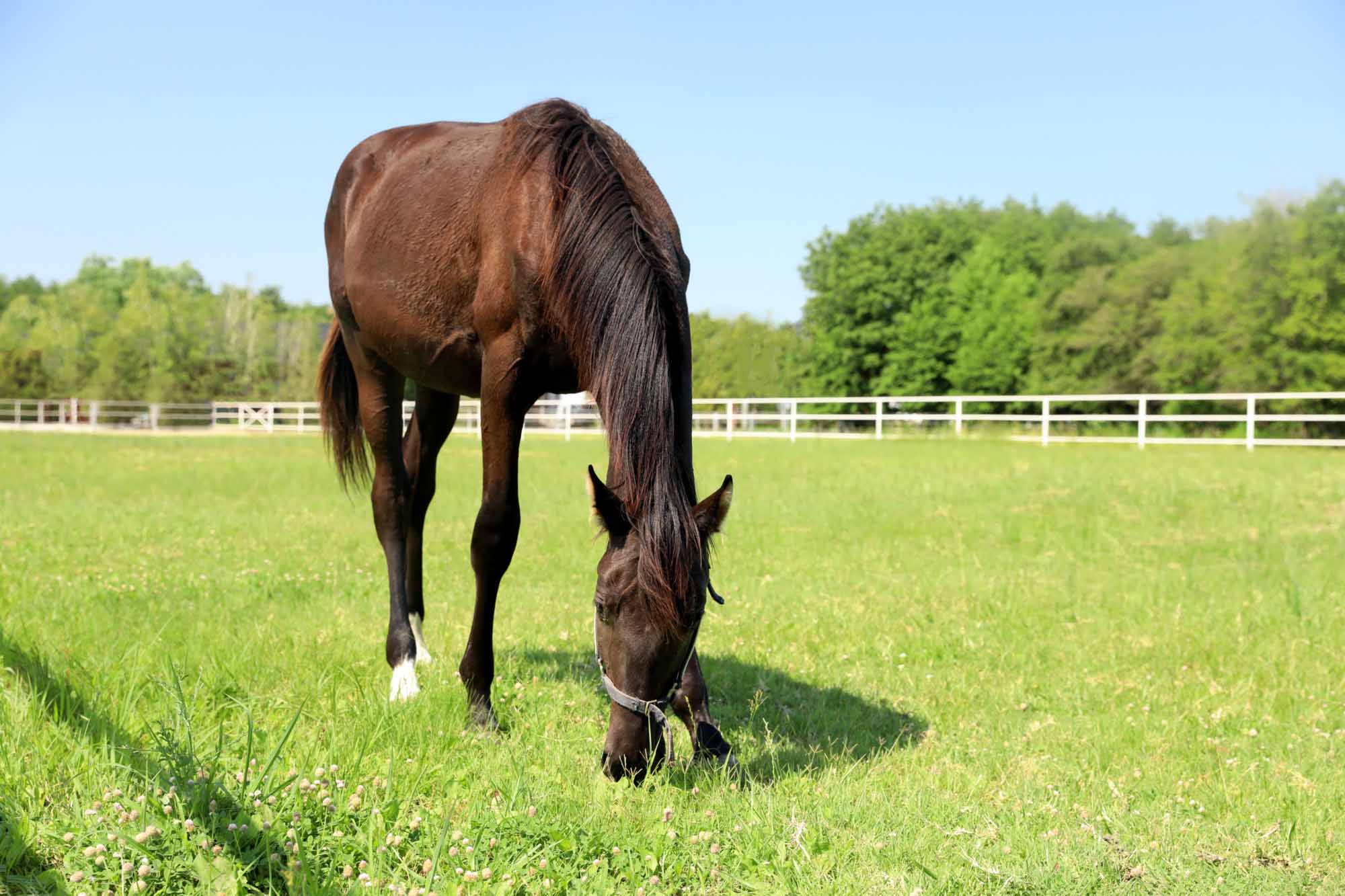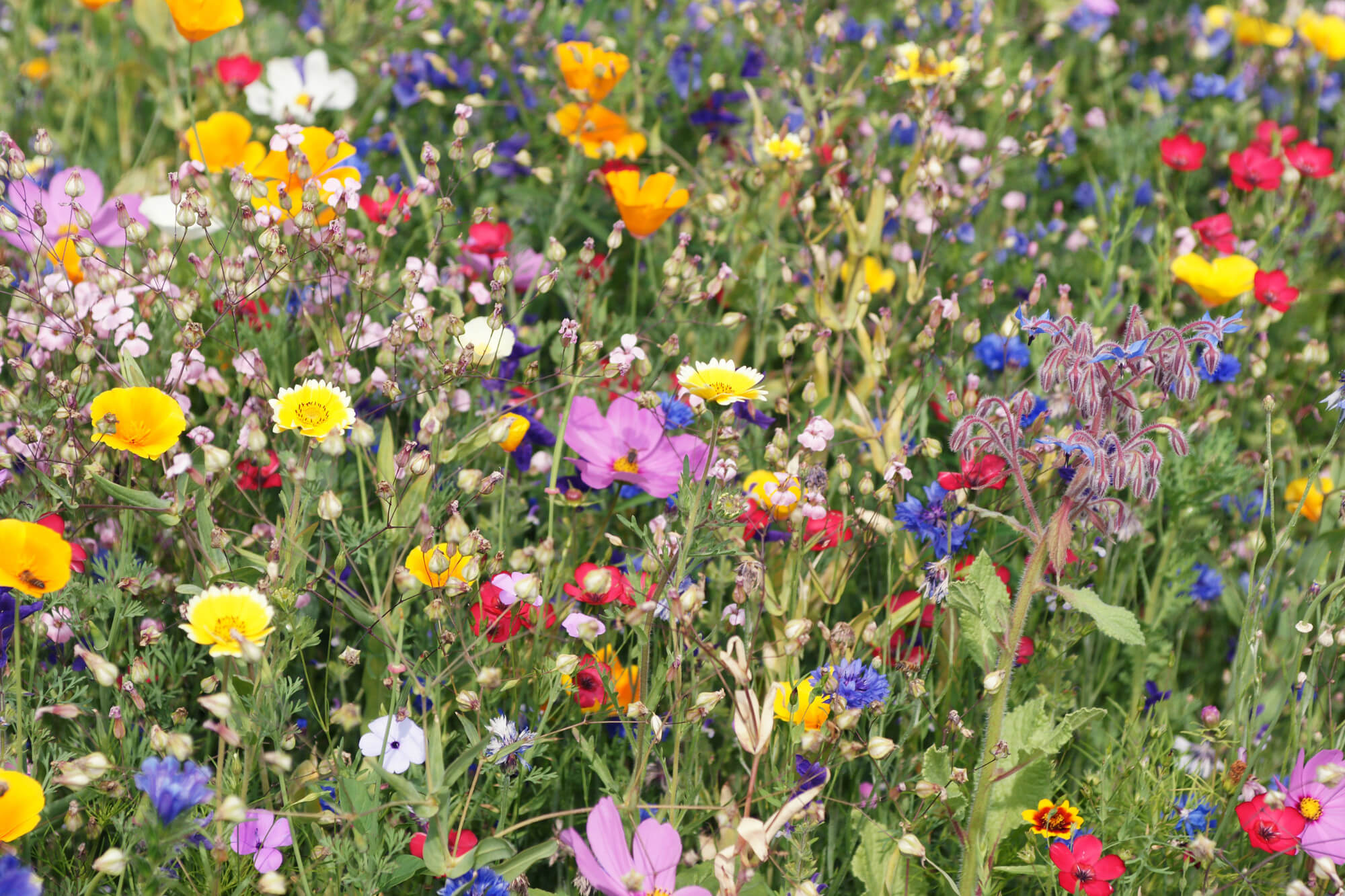Imagine glancing out your window, expecting to see a lush, green lawn, only to find patches bare from birds treating your grass seed as their personal buffet. The battle between backyard enthusiasts and feathered visitors is a tale as old as time. Bird-resistant grass seed might sound like a modern-day fairy tale solution for those who love their lawns almost as much as they love wildlife - but prefer the two to remain separate.
Gardening and lawn care often become exercises in patience, particularly when facing the dilemma of birds swooping down and snatching away freshly sown seeds. Such interference not only compromises the aesthetic value of your lawn but also increases maintenance costs and effort. Understanding whether there truly is a bird-resistant variety of grass seed is a matter of both botanical science and consumer savvy.
This article explores the myth and reality behind bird-resistant grass seed, examines the gravity of the issue, identifies some of the best products available, and shares essential tips to help you keep birds at bay. Join us as we take a closer look at whether this innovative solution can deliver a bird-proof blanket of green to your garden.
Can you get bird resistant grass seed?
Creating a lush, green lawn is a common goal for homeowners and garden enthusiasts, but it can be a challenging one when birds view freshly sown grass seeds as an irresistible buffet. However, those seeking bird-resistant grass seed in the UK will encounter a significant challenge: the sales of seeds treated with bird-deterring agents are not permitted, emphasising the importance of safe and environmentally friendly practices. In other words there is no such thing as grass seed treated with bird repelant.
While various methods have been experimented with, such as dyeing seeds to make them less appealing, these tactics have proven to be both ineffective and uneconomical. As a result, gardeners need to explore alternative methods for protecting their seeds from hungry birds.
Instead of searching for chemically treated seeds, consider employing physical barriers such as garden fleece or netting to cover the seeded area, thus preventing birds from accessing the seeds. Noise deterrents that mimic predator calls, along with fake birds of prey or reflective objects, can sometimes be effective in discouraging birds without causing harm. By doing so, not only can one promote seed germination for a healthy lawn but also coexist harmoniously with the surrounding wildlife.
There are grass seed mixtures to deter birds available, but these are for airports. These mixtures create a spike sward that birds will not nest or land in.
In summary, while bird-resistant grass seed is not an available product in the UK market, adopting strategic, bird-friendly deterrents can help ensure a successful and flourishing lawn.
Do birds actually take much seed?
Birds may appear to be a concern for gardeners when sowing grass seeds, yet they typically do not deplete seed supplies significantly. While it's possible to observe birds picking at the freshly sown seeds, the impact on seed germination and lawn coverage is minimal.
In reality, a single gram of a common grass seed mix contains approximately 1,000 seeds. When applied at the recommended rate of 35 grams per square meter, each meter squared of your garden will be abundant with about 35,000 seeds. As long as the seeds are properly sown and mixed into the top 10 to 15mm of the soil, there's more than enough to ensure a healthy lawn despite the occasional peckish bird.
Here's a quick overview:
- Seeds per gram: ~1000
- Sowing rate: 35 grams/m²
- Total seeds per m²: ~35,000
- Required soil incorporation depth: 10-15mm
With these figures in mind, it's clear that birds feeding on some seeds should not present a real obstacle to achieving a lush, green lawn. Therefore, it may not be necessary to use bird-resistant grass seed or invest in expensive bird deterrents for your garden.
Best bird resistant grass seed?
When searching for bird-resistant grass seed, the key is to select varieties that establish quickly, reducing the window that seeds are vulnerable to our feathered friends. Perennial ryegrass is a top choice due to its rapid germination rate, swiftly covering the ground and deterring birds from feasting on freshly sown seeds.
However, exercise caution when encountering products labeled as "bird-repellent grass seed." Complete resistance to bird predation is not realistic, and such claims may be misleading. If you're aiming for a seed mixture that deters birds after establishment, particularly in areas like airports where wildlife hazards can be significant, consider mixtures containing tall fescue. This grass variety grows spiky and dense, discouraging birds from making it their landing zone or nesting site.
Remember that while certain seed mixtures may reduce the appeal to birds, creating a bird-unfriendly environment comes with ecological considerations. Balance is key in maintaining a healthy ecosystem and a beautiful lawn.
Effective methods to prevent birds from eating fresh grass seeds also include physical barriers such as garden fleece, or employing bird deterrents like reflective objects or noise deterrents mimicking predatory birds. Visit your garden centre for suitable options to protect your expensive seed bed and ensure ideal conditions for seed germination.
Tips for keeping birds off your seed
Keeping birds away from freshly sown grass seed can be a challenge, but with the right strategies, you can protect your seeds and encourage a healthy lawn. Here are some effective methods:
Bird-Resistant Sowing:
- Incorporate Seeds: Ensure the bird-repellent grass seed is well integrated into the soil. Mix the seeds into the top 15mm layer of soil to prevent birds from spotting and picking them from the surface.
- Timing is Key: Sow your seed when conditions favor quick seed germination—typically in warm months from April to September when soil temperatures are higher. See our article on when to sow grass seed.
Bird Deterrent Tactics:
- Garden Centre Solutions: Invest in physical barriers or noise deterrents sold at garden centres designed to keep persistent birds at bay.
- DIY Approach: Place a carrier bag on a stick near the seed bed. Its movements and sounds can effectively scare off ground-feeding birds.
By following these tips and using effective methods, such as covering with a thin layer of soil or using reflective objects, you can protect your investment from hungry birds and ensure your fresh grass seeds thrive under ideal conditions. Remember, deterring pesky birds is key to successful seed germination and the development of rye grasses and other preferred types of seeds for a lush, bird-resistant lawn.














